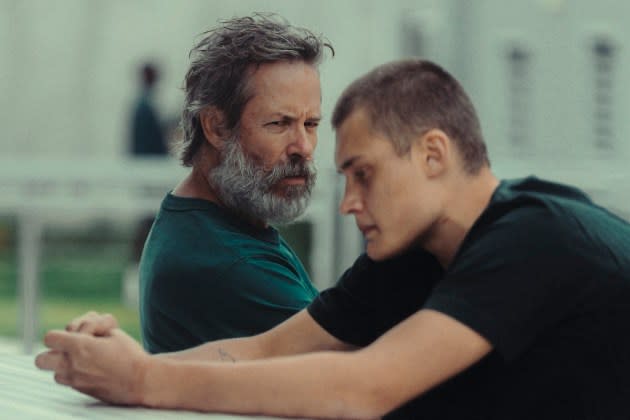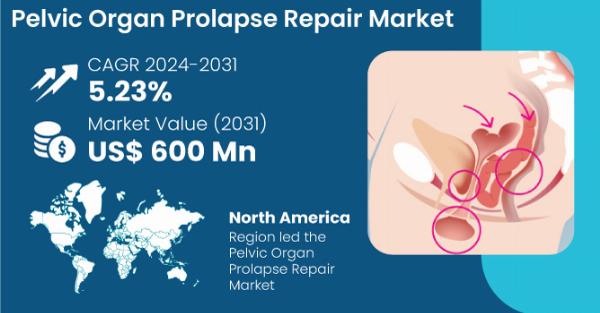Inside: A Guilt-Ridden Journey Through an Aussie Prison Drama
"Inside," directed by Australian writer-director Charles Williams, is a prison drama that stands out from the usual genre tropes. Instead of focusing on violent intrigue or redemption, this film delves into the internal struggles of its central trio of inmates. Each of them is consumed with guilt for the crimes that led them to their current situation, and they all doubt whether they deserve another chance at freedom.

The film stars Guy Pearce and Cosmo Jarvis as the two older convicts, with newcomer Vincent Miller as the third member of the trio. The acting is strong and compelling, even with the occasional murky plot point. After premiering at the Melbourne Festival last summer, "Inside" played at Tribeca a week before its U.S. release by Quiver Distribution.
The story begins with a home movie showing a wedding taking place in prison between the future parents of Mel Blight (Miller). However, things quickly go downhill, and by the time the father is paroled, his family is already in hiding from his extreme volatility. He finds them nonetheless, leading to catastrophic results that leave Mel alone and in juvenile lockup by age 12. His own rage episodes ensure that upon reaching adulthood, he’s simply transferred to an adult facility.
There, Mel's first cellmate is Mark (Jarvis), an older inmate who has just been moved from decades in maximum security for committing a heinous crime when he was just 13. Mark's upbringing was evidently a nightmare of abuse, and he has found salvation or at least escape by ordaining himself a servant of the Lord and holding improvisational services in the prison chapel. Mark ropes Mel into providing musical accompaniment, hoping to gain an acolyte.
However, Mel doesn't want to be "saved." He deliberately creates a ruckus in a rehabilitation class, which gets the attention of Warren (Pearce), a longtime inmate who desperately wants parole. Warren has incurred debts toward other prisoners, putting him in a dangerous predicament since he has no way to pay them off. He finagles his way into an alliance with Mel, intending to get the impressionable boy to kill Mark, who has a price on his head that Warren aims to collect without soiling his own hands.

Williams affords glimpses of these characters' pasts via flashbacks scattered throughout the film, though they don't fully explain their histories. For non-Aussie viewers, it can be hard to grasp everything explained in dialogue due to the thick accents and Jarvis's strangled voice, presumably born of damage incurred in some formative beat-down.
What becomes clear is that all our protagonists have done things they may never be able to forgive themselves for. In Pearce's excellent performance, Warren emerges as a canny manipulator and former trainwreck who's persuaded himself he deserves a second chance. That belief gets dashed in a memorable late scene when he's permitted a day pass to visit his now-adult son (Toby Wallace), who turns out to have a very different agenda for their reunion.
Jarvis makes Mark so out-there physically and behaviorally that we can only guess at the depth of his lifelong estrangement from humanity—but it makes sense he'd seek transcendence on a spiritual plane of his own eccentric making. These two figures might be able to temporarily cover for their core feelings of self-loathing, but Mel hasn't acquired that skill yet. If Miller's wide-eyed turn leaves him more of an innocent than a seasoned criminal, it also highlights the film's focus on internal conflict and the struggle for redemption within each character.
Inside: A Guilt-Ridden Journey Through an Aussie Prison Drama offers a heartwrenching glimpse into the human psyche, balancing raw emotion with realistic storytelling to create tensions that resonate far beyond its Australian setting.














